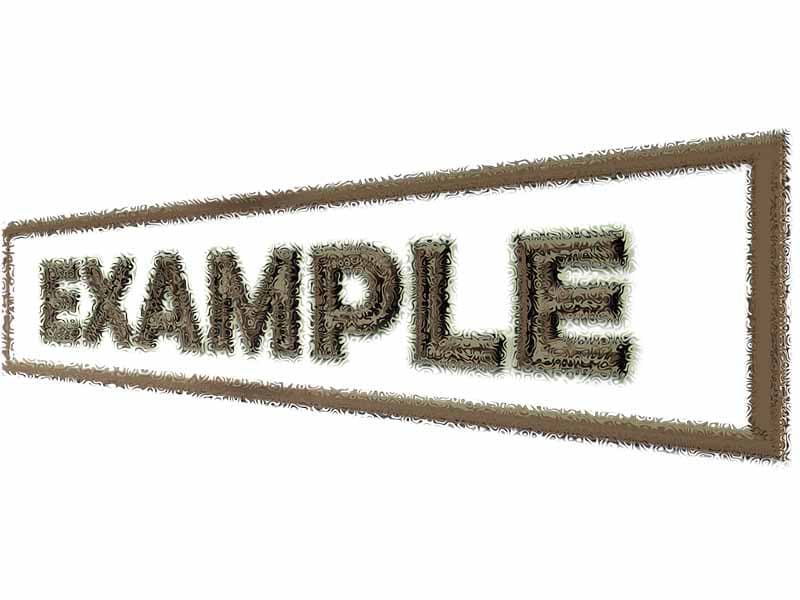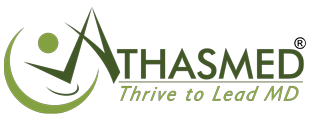
The “hidden curriculum”, symbolizes those forces and behaviors, both good and bad, that we observe and absorb throughout medical education and training. The question is whether we are fully aware of and above all, in agreement with the playbook that we are following? Without a conscious reckoning with this powerful, pervasive undercurrent in our lives, we can function for years in a fog of unrecognized cognitive dissonance. Asking a few probing questions about our behavior, values, emotions, etc. will quickly jumpstart the unveiling of our “hidden curriculum”. A few ideas:
- How would you describe your attitude at work? At home?
- How would other people describe you at work? At home?
- Is this how you want to be seen? Is this who you are?
- What are your core values? Are these the values that you are living and working by?
- What strategies do you use to manage strong emotions with colleagues, patients and family? Do these strategies produce the results that you desire?
- What kind of culture do you create around you? Does it reflect your beliefs?
Unmasking our hidden curriculum not only reveals how we are acting ourselves, but also by extension how we are impacting and influencing others.
In the words of Albert Schweitzer:
“Example is not the main thing in influencing others, it is the only thing,”

